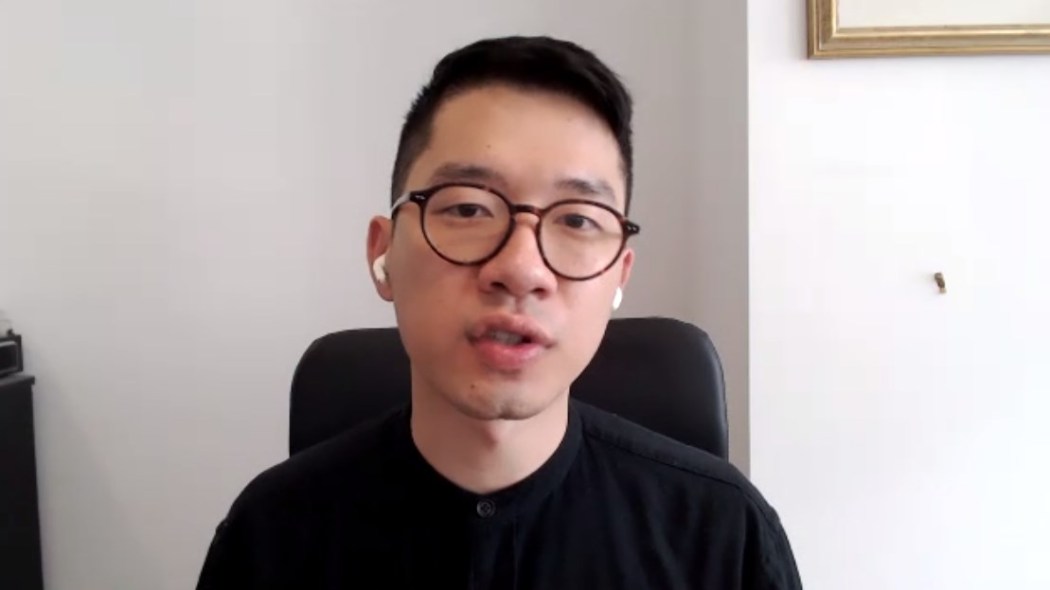Hong Kong activists in self-imposed exile have urged officials on the United Nations Human Rights Council to investigate the city’s situation under the national security law during a panel hosted by the international body.

Activists Nathan Law, Glacier Kwong, and Victoria Hui, a political scientist at the lobbying group Hong Kong Democracy Council, appeared at the UNHRC event via video conference on Thursday. They gave testimony on the state of Hong Kong’s legal and electoral systems, a year after Beijing enacted a security law to criminalise subversion, sedition, secession, collusion with foreign forces and terrorist acts.
Hui called for the UN High Commissioner Michelle Bachelet to include Hong Kong as a destination during her planned visit to China’s Xinjiang in order to meet Hong Kong democrats in detention and to question the city’s designated national security law judges.

“The national security law has turned Hong Kong into a police state,” Hui said. “If Beijing could completely dismantle Hong Kong’s liberal order, what could it do to the world order?”
She also urged member states to call for an investigation at the General Assembly and for a UN special rapporteur to investigate the “disappearance of freedom of assembly and association.”
Nathan Law, who is now in the UK and is reportedly wanted by the Hong Kong authorities, said: “The concept of national security is weaponised to erode our freedoms… police and the government now enjoy impunity and any actions demanding democracy can be considered actions that endangered national security.”

Law and Kwong raised the frequent denial of bail as a sign of the security law’s effect on the city.
“By removing the presumption of bail, the national security law infringes on the right to personal freedom and the concomitant right to be protected from arbitrary detention,” Kwong said.
The closure of the pro-democracy Apple Daily newspaper before its top executives faced trial for allegedly endangering national security was also an example, they said.
‘Inalienable part of China’
The event also heard from three United Nations special rapporteurs on human rights, freedom of expression and of assembly as well as representatives from member states’ permanent missions to the UN, including from China.
“Hong Kong is an inalienable part of China,” said the Chinese permanent missions’ counsellor to the UNHRC, Jiang Yingfeng. “Any attempt to use Hong Kong to interfere with China’s internal affairs will not be tolerated,” he said.

Meanwhile, Ambassador Hans-Peter Jugel of Germany’s permanent mission to the UN said the city’s security law “hollowed out its rule of law.”
“The national security law damages China’s reputation… As a result, Germany has suspended its extradition arrangements with Hong Kong,” he said.
The Deputy Head of Mission at the Australian permanent mission to the United Nations Jeff Roach said: “The Australian government remains deeply concerned about the relentless roll back of the rights and freedoms in the city,” he said, raising the closure of the Apple Daily newspaper as an example of “blows to the freedom of the press.”
HKFP has reached out to the chief executive’s office for comment.
Support HKFP | Policies & Ethics | Error/typo? | Contact Us | Newsletter | Transparency & Annual Report | Apps
Help safeguard press freedom & keep HKFP free for all readers by supporting our team
























